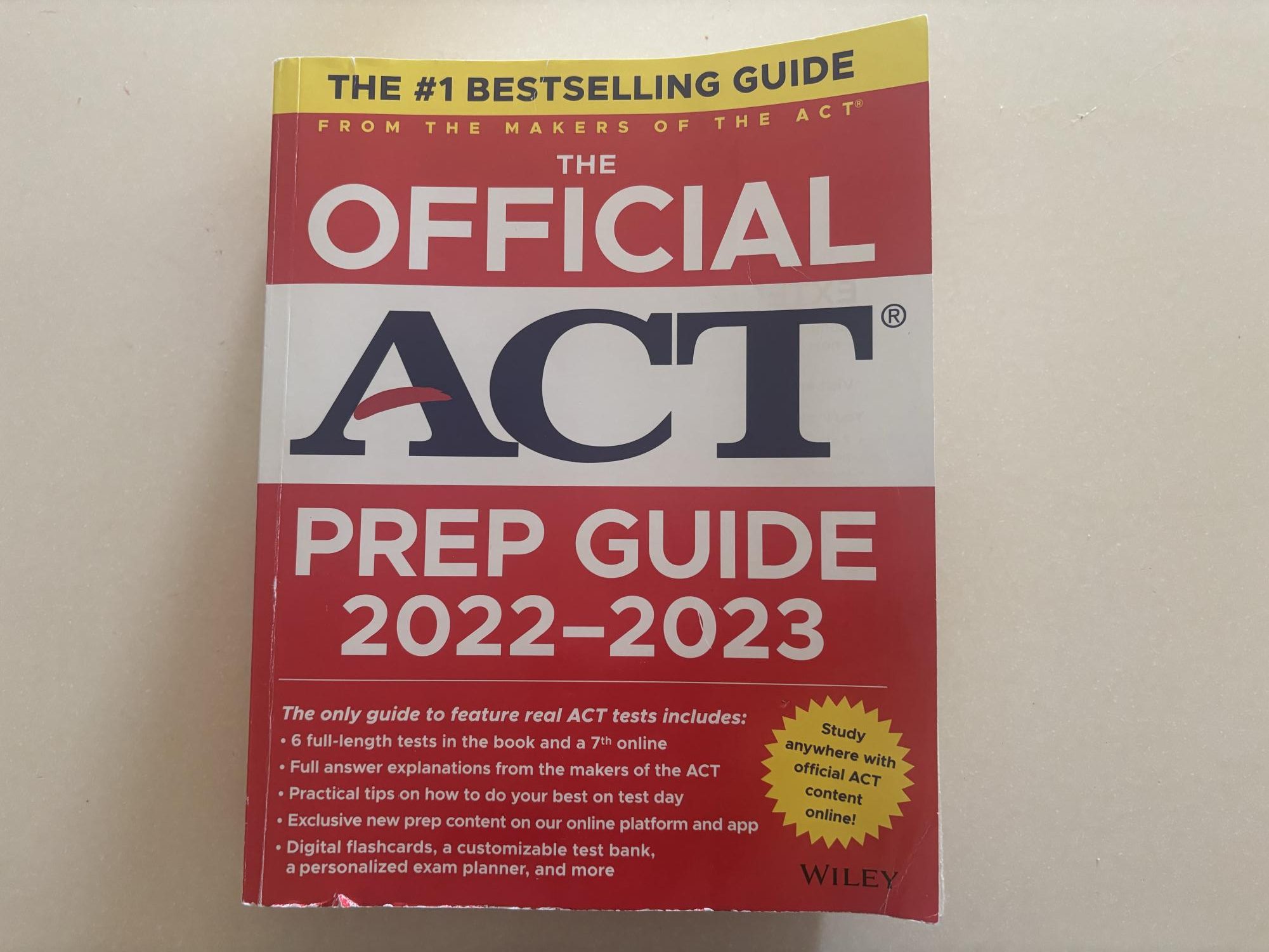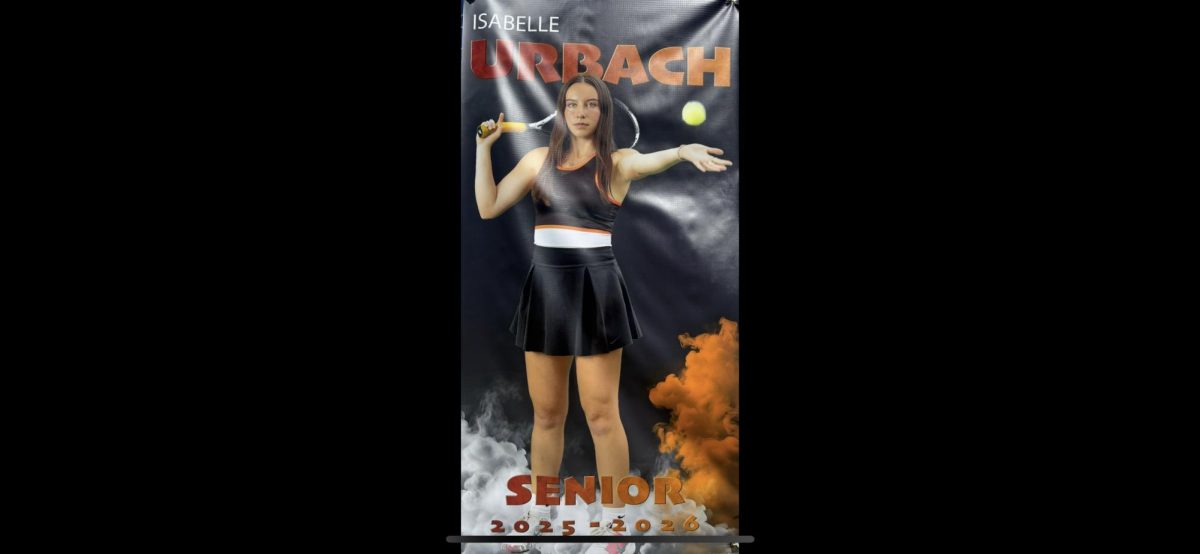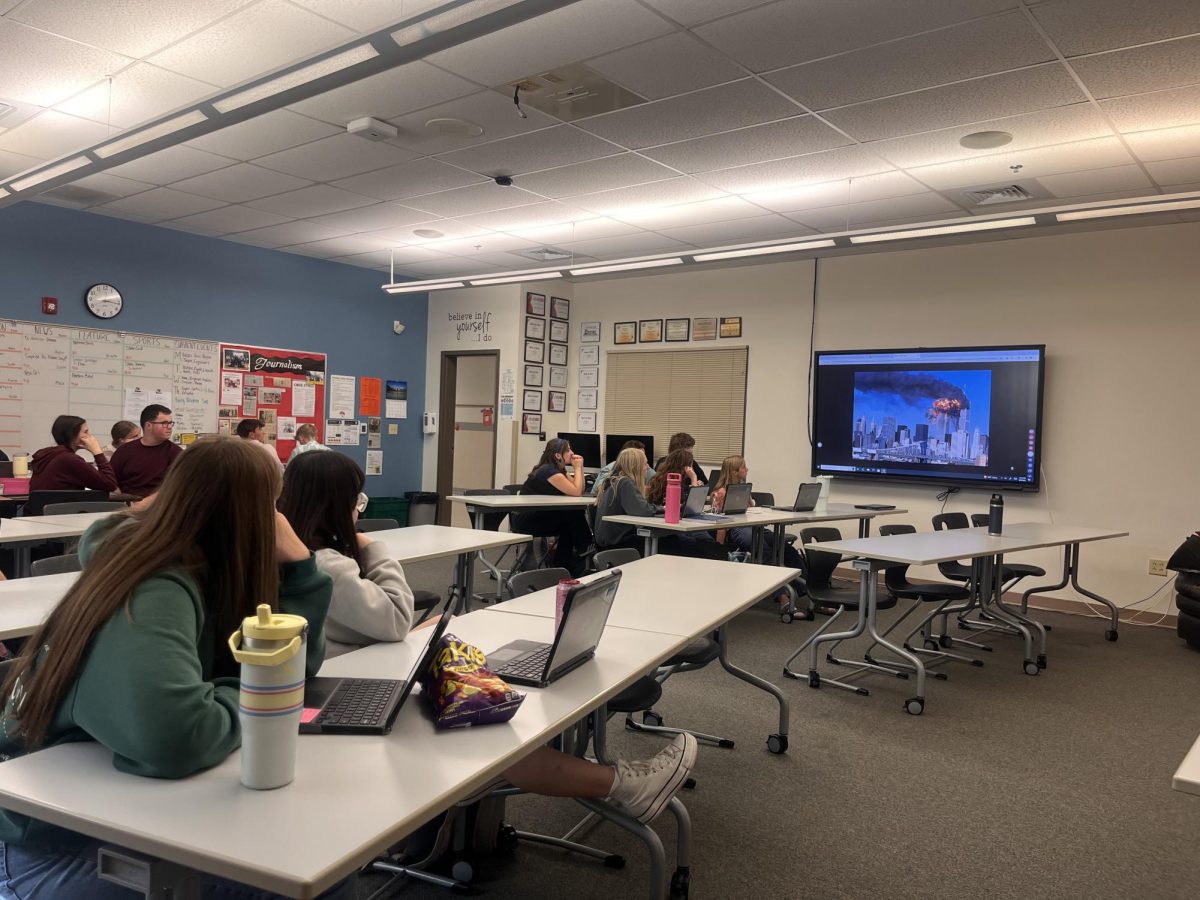As students switch from sophomore to junior, they not only switch the types of classes they take but also the type of standardized tests. As juniors reach the end of the year, they face perhaps the most challenging test they will take: the ACT.
One of the most challenging aspects of junior year is preparing to face the ACT for the first time. While some students may spend weeks beforehand studying for this major test, others will not study at all, taking whatever score they get until they can retake it.
“If [my score is] slightly under what I want I probably won’t [retake it],” junior Aaron Broadway said. “But if it’s like significantly, then yeah.”
Some students may have the opportunity to take the ACT before the school’s mandatory date through organizations such as Gear-Up, and as a result, their approach to studying may look different than students who haven’t.
“I feel like I’m more prepared,” junior Brighton Streeter said. “I think I’m going to take a look at some of the resources that are available on the ACT website, maybe try to find some free practice tests.”
More often than not, students are not preparing for this upcoming test, most likely since they can take it again senior year.
“I haven’t prepared,” junior Natalie Black said. “But if teachers are reading this, then yes, I have.”
While preparing for this test can certainly help, the stress of taking such an important test can affect testers.
“I am very much nervous,” Broadway said. “If I don’t do good on this, it could affect my chances of getting into the colleges I want.”
Not only do students have to deal with the stress of taking this new test, but for the first time in Powell High School history, this test will be taken online.
“I wish it was on paper,” Black said. “Just trying to set it up, I had a whole lot of tech issues … so I wish we were just doing it on paper.”
One of the most challenging parts of the ACT is the time constraints. You are only allotted a certain amount of time to answer questions, leading to students running out of time.
“Use your time wisely,” Streeter said. “If there is a question you don’t know, skip over it, and fill bubbles if you run out of time.”
While students may feel like taking this test once is enough, about 60% of students who take it a second time will improve their composite, or total, score.
“I think [my scores] will improve,” junior Luci Dees said. “… now that I know what I’m going into.”
One of the most important things you can do for this test is to study and remain calm while testing. This test will most likely be the longest and most challenging test students will take. Be prepared for a multi-hour test.
“It was what I was expecting,” Streeter said. “I was expecting a four-hour test, and that’s what I got.”















